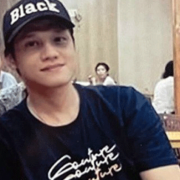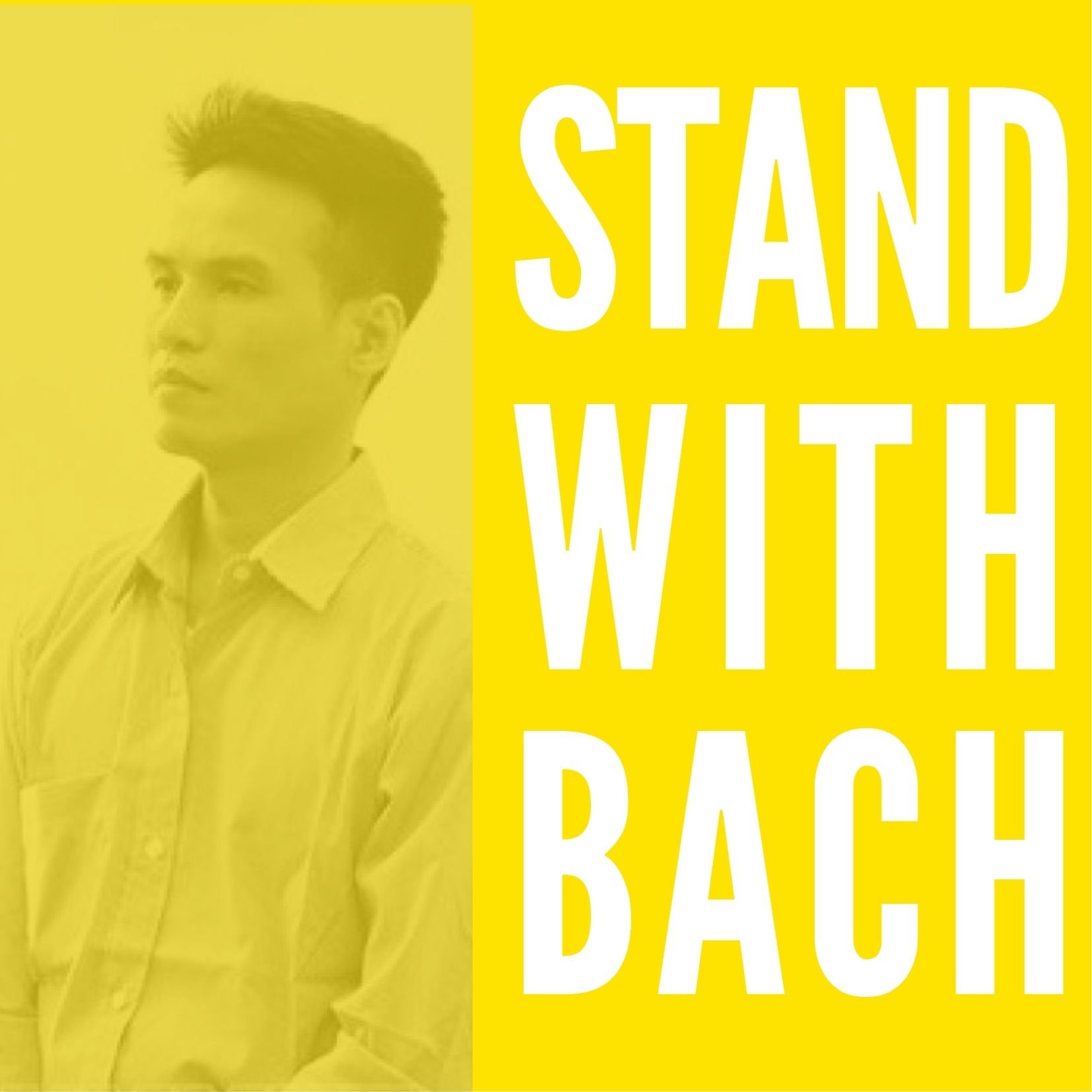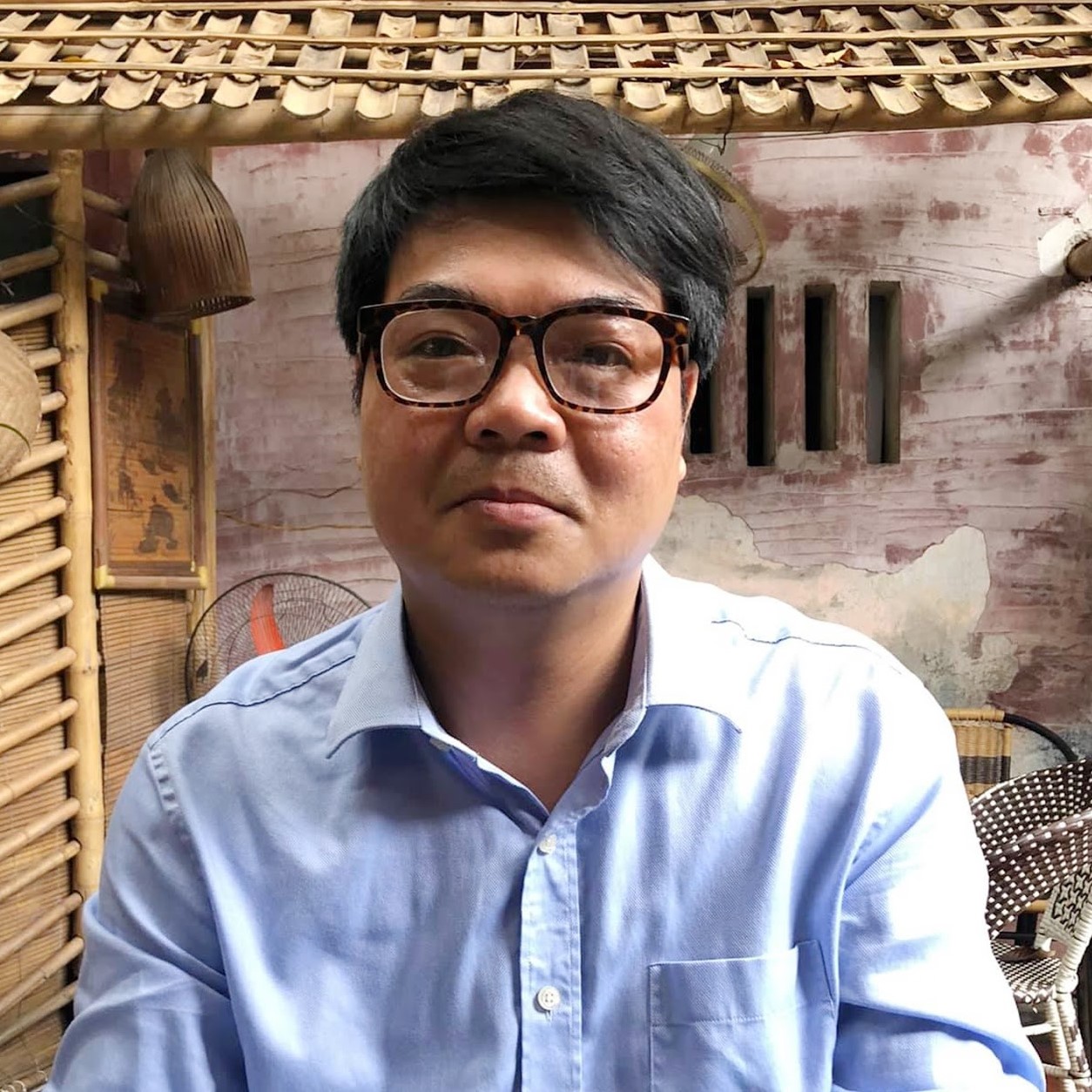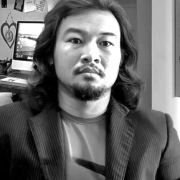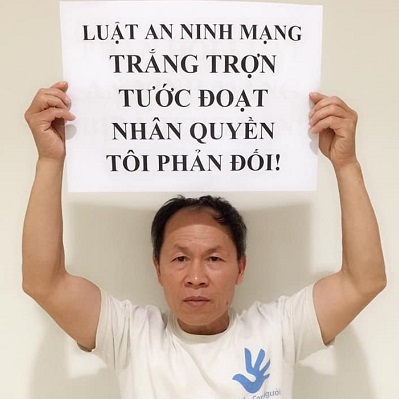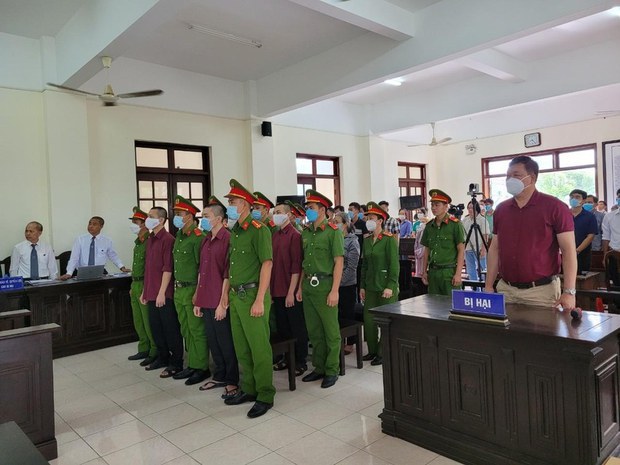Vietnam Legal Update– Civil and political rights, July, 2022
Vietnam has carried out a brutal crackdown on opposition and independent groups since 2019.
Given this crackdown, it should come as no surprise that the government has not made any progress in 2022 in improving its legislative policies. During the first half of the year, Vietnam issued a number of repressive decrees and policy guidelines– governing topics ranging from censorship to police investigations– while tightening existing legislation.
1. Decree 22/2022/NĐ-CP (March 2022):
No progress in abolishing Vietnam’s policy of pre-publication censorship
In 2019, the Vietnamese government unexpectedly promised in its Universal Periodic Review (UPR) that it would “abolish prior censorship in all fields of cultural creation and other forms of expression, both online and offline.” Yet, just as in 2021, more legal instruments were added this year to strengthen the state’s control over cultural life.
Decree 22 (22/2022/ND-CP) is an attempt to seal any loopholes in the Vietnamese government’s censorship of the importation and exportation of cultural products. This, of course, is a blatant contradiction of the government’s UPR promise to abolish prior censorship controls.
Decree 22 builds on decree 32/2012/ND-CP on the exportation and importation of cultural products for non-commercial purposes. In the decree, the Vietnamese government reaffirms its commitment to approve, in advance, any cultural product (including any audio-visual technology products recorded on digital materials, visual works, applied arts, paintings, photography, etc.) being imported or exported.
The first article, for instance, states that whatever the purpose of import or export, cultural products are subject to the government’s prior approval. The phrase “professional work, research or other non-commercial purposes for-profit” has also been added, thereby extending censorship controls to cultural products imported or exported for academic purposes.
In addition, Article 4 provides more rights to the licensing authorities, including the rights to “revoke the import license of cultural products that are later discovered to violate the Law on Cinematography.” Following the article, any license issued for particular cultural products can be revoked, at any time, as long as the competent authority finds it necessary to do so.
2. Guidance 07/HD-VKSTC (January 2022):
Do people get killed during detention? We must wait for orders from other authorities before we investigate.
Guidance No. 7/2022 is a policy document issued by the People’s Supreme Procuracy on the practice of temporary detention, pre-trial detention, and the implementation of criminal judgments. While not formal law, the document is important as it provides guidelines on how officials in the procurator system should carry out their duties.
Guidance No.7 offers some much-needed procedural assurances on imprisonment and detention in Vietnam. Guidance 7 focuses on the practice of temporary detention, pre-trial detention, and the implementation of criminal judgments from the basis of prison management, such as whether the public security units provide enough food and water to prisoners and detainees and if there is any bullying in prison. It also covers the legality of the arrests and access to legal counsel.
Unfortunately, it also contains some problematic provisions that limit how the Procuracy deals with severe violations by the Public Security in the operation of detention centers and prisons.
In Item 2 of the Guidance, we can see that the Supreme Procuracy requests that local-level procuracies be more active in the irregular and unscheduled supervision of their public security counterparts.
Such activities can include (1) examining arrests made by the public security forces to see whether they follow all the procedures of law, (2) examining the conditions of the detention centers and treatment of detainees, and (3) investigating prison conditions.
Item 3 recognizes ongoing issues relating to “untimely medical examination and treatment, incorrect diagnosis of diseases or delayed transfer to higher-level medical facilities.”
And Item 8 recommends further assistance and cooperation between local procuracy offices and the Investigating Agency of the People’s Supreme Procuracy to investigate serious violations of due process in criminal procedures.
These are positive developments that have the potential to improve the practices of procuracy units.
The problem is, however, that guidance shies away from actually providing remedies and punishment for violations by public security forces.
Also in Item 3, the Guidance requires lower procuracy offices to “immediately contact” their supervisors when discovering violations in the judicial activities of the public security units (i.e. death of inmates, healthcare protocol violations, inmate fighting and killings). In other words, instead of documenting a violation, examining the condition, and carrying out investigation as prescribed by law, they are required to wait for further “instruction” and “cooperation” between higher levels of the procuracy and public security units.
This systematic delay continues to undermine due process and the authority of the Procuracy in dealing with severe violations of criminal procedures by the Public Security, since the latter must await consultation with the former before taking action, allowing for further abuses of power.
3. Circular 19/2022/TT-BCA and Circular 23/2022/TT-BCA (April/May 2022):
Complaints to Public Security: Progress or re-asserted dominance?
The Public Security continues to act arbitrarily in dealing with complaints regarding abuses and harassment. However, there have been some recent efforts to codify legal principles and keep the Ministry of Public Security in check.
Circular 19/2022 and Circular 23/2022 are two examples of circulars that were issued by the Ministry of Public Security itself. They are the detailed replacements of Circular 16/2013/TT-BCA.While both circulars provide more precise standards and enable the public to understand how the public security units respond to complaints, they also show the intentions of public security units to continue controlling how people legally make complaints.
For instance, Article 7(2)(a) and (c) of Circular 19/2022 stipulates that complaints are deemed invalid if:
- They are sent to too many government agencies, Party units or other authoritative individuals, which do not have jurisdiction to consider the complaint.
This requirement excludes a lot of possible complaints by petitioners. One common practice of Vietnamese activists is that they often send petitions to a handful of State and Party officials/organizations because they are not sure about the relevant authority of these officials.
This strategy is also used in severe cases, such as the petitions against the death penalty of Ho Duy Hai. The purposes include raising awareness and calling for assistance from whoever the petitioners can.
By eliminating this kind of petition, rather than supporting and guiding petitioners in difficult times, the public security system re-asserts its monopoly in dealing with any complaints against officials.
More importantly, Circular 19/2022 also asserts that any complaint with reactionary content that opposes State policies and Party plans or that contains slanderous accusations, or that has a defamatory nature, will also be considered invalid.
Again, it is entirely up to the public security units to determine:
- What is “reactionary content”?
- How can an administrative complaint oppose State policies and Party plans?
- How can one define “slander” and “defamation” while the procedure itself is intended for making certain accusations against public officials?
Overall, while we acknowledge some signs of progress in the law-making process and the improved access to these documents, the Public Security still asserts control over petitioners.
Further, these modest improvements will not change the credibility of the judicial remedies available in Vietnam to deal with the abuses of public security units.
4. Decree 14/2022/ND-CP (January 2022):
Strengthening control over online and communications business
Decree 14/2022 is another supplement to the infamous Decree 15/2020, the main administrative tool of the Ministry of Information and Communication (MIC) to suppress internet activities and ensure that communications providers, social media platforms, and other online services providers understand their duty to cooperate with the Vietnamese government.
While many tools are already available to the MIC under Decree 15, this decree has fallen short after two years of a rapidly changing technological landscape in which new technology has been emerging that can undermine the government’s control of online spaces and communication industries. With Decree 14/2022, the Vietnamese government adds additional administrative measures, fines, and other forms of punishment to the MIC’s censoring arsenal.
For instance, with Article 4 of Decree 14, new “supplemental administrative measures” include:
- Forced withdrawal of subscriber mobile phone numbers, prefixes of mobile phone numbers, telecommunications pools of number, internet resources, domain names, internet addresses (IP), Autonomous System Numbers (ASNs), service provider codes and number identifier names, and network information security products;
- Forced return of subscriber mobile phone numbers, IP addresses, ASN, domain names;
- Forced removal of false or misleading information, information that violates the law, links to false or misleading information, and information that violates the law;
Furthermore, Article 6 of Decree 14 also allocates the MIC the power to employ the tactic of “temporarily seizing the Vietnamese national domain name ‘.vn’, the international domain name allocated to organizations and individuals in Vietnam” if they provide one of the following (but not limited to these items):
- fabricated information, causing confusion among the people,
- information not in line with the interests of the country that affects national unity,
- information that undermines historical traditions,
- information that denies the historical significance and the role of the People’s revolutionary achievements,
- information that insults the nation, national heroes
All of these measures can be discretionarily interpreted by the MIC agents. They continue to have a tremendous impact on the future of online freedom of expression in Vietnam.
Conclusion
In the first half of 2022, there has been no significant improvement in the Vietnamese legal system in protecting or promoting freedom of expression or other civic rights.
The Vietnamese government continues to expand prior censorship of cultural products to other fields, including professional work, research, and other non-commercial purposes. There is no sign that the government will take its UPR promises seriously. This trend is also recognizable in the state management of online and telecommunication businesses, as they equip the Ministry of Information and Communications with additional administrative tools to force individuals and organizations to comply with restrictive Vietnamese laws.
More importantly, legal instruments issued by judicial organs, such as the Public Security Ministry and the People’s Procuracy, also show that their total control over the flow of information is being given priority over greater transparency and due process in the justice system.
© 2022 The 88 Project


